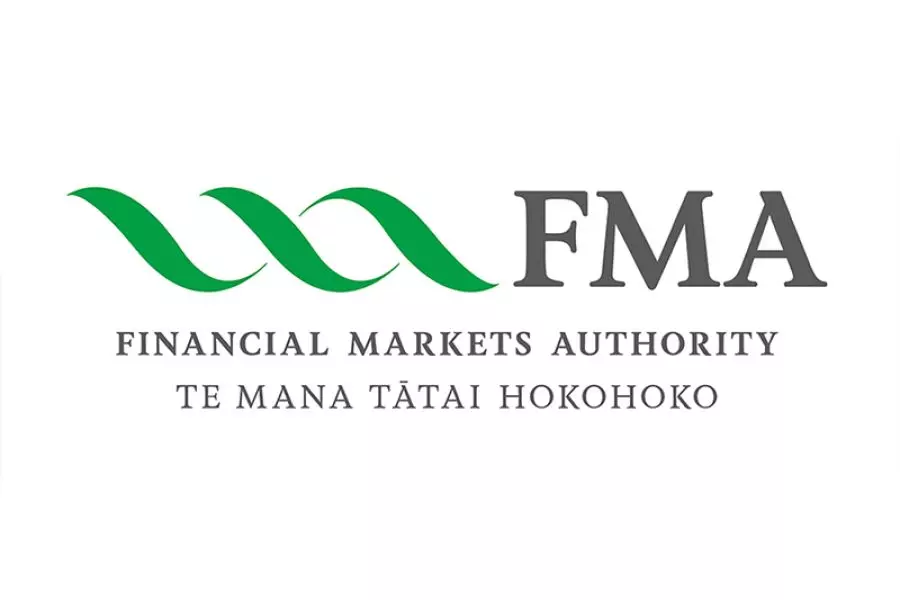News
Tax: The Good, the Bad and the Ugly
Monday 28th of January 2002
This year will see the implementation of further solutions to some structural problems with the tax treatment of certain savings vehicles, some cost increases through gst measures, and a likely continuation of the uncertainty surrounding the tax treatment of savings in the long term.
Solutions to some structural problems
As a result of a concer...
Want to read the full article?
Click the button below to subscribe and will have unlimited access to full article and all other articles on the site.
4 min read








![[The Wrap] Bye Bye Bayly](https://goodreturns.publit.io/file/c_fill,w_900,h_600/39f23ac1-f7c7-4854-b700-a150004ebbac.webp)